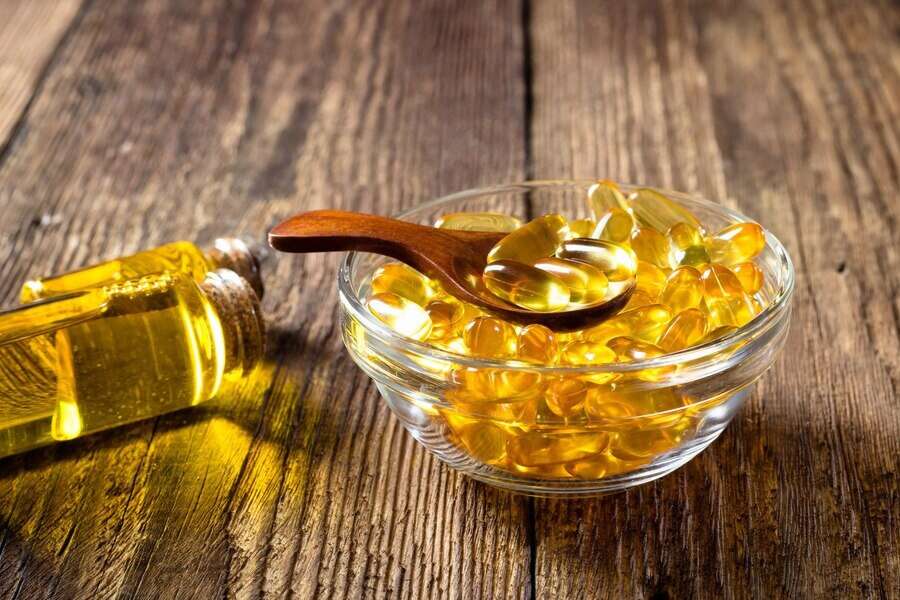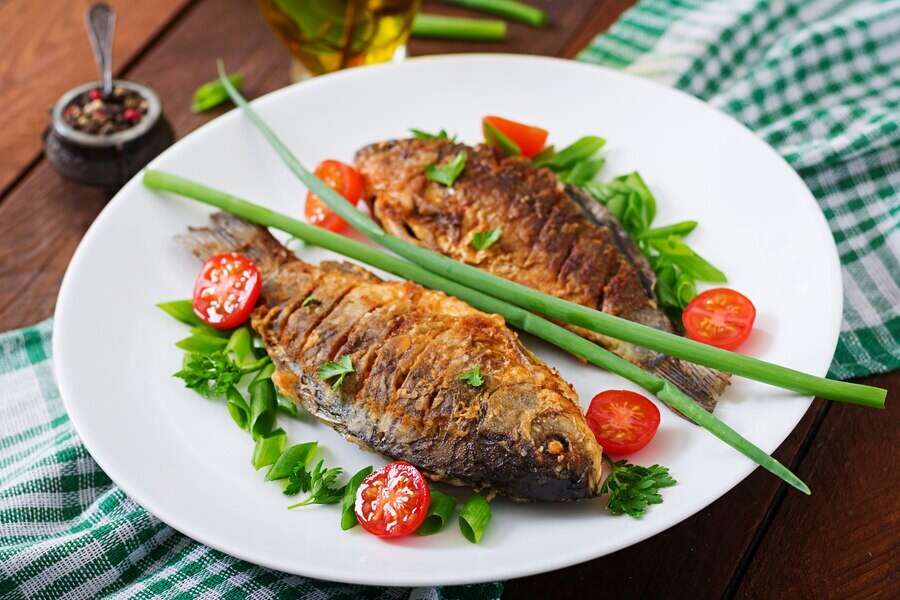Boost Your Monsoon Nutrition: 5 Vitamin D-Rich Foods to Include in Your Diet
Cloudy skies and less sunlight in monsoons can make it difficult for our bodies to produce vitamin D naturally. Vitamin D is essential for maintaining strong bones, supporting our immune system and ensuring overall well-being. To keep your vitamin D levels in check and enjoy the monsoon season to the fullest, consider including these six vitamin D-rich foods in your diet.

Cloudy skies and less sunlight in monsoons can make it difficult for our bodies to produce vitamin D naturally. Vitamin D is essential for maintaining strong bones, supporting our immune system and ensuring overall well-being. To keep your vitamin D levels in check and enjoy the monsoon season to the fullest, consider including these six vitamin D-rich foods in your diet.

Vitamin D-Rich Foods to Add to Your Monsoon Diet-

1. Fatty fish
Fatty fish, such as salmon, mackerel and tuna, are excellent dietary sources of vitamin D. They not only provide sunshine vitamins but also omega-3 fatty acids that are beneficial for heart health. According to the United States Department of Agriculture (USDA) Food Composition Database, a 3.5-ounce (100-gram) serving of farmed Atlantic salmon provides 526 IU of vitamin D, which is 66% of the Daily Value (DV). Including grilled or grilled fish in your meals twice a week can significantly increase your vitamin D intake.
2. Egg yolk
Egg yolks are not only a versatile cooking ingredient but also contain a good amount of vitamin D. Consuming whole eggs, whether boiled, scrambled or in an omelette, can contribute to your daily intake of these essential nutrients. Choose free-range or fortified eggs for an extra nutritional punch.
3. Fortified dairy products
Many dairy products, such as milk, yogurt and cheese, are fortified with vitamin D. Check the label to make sure they contain added vitamin D, which increases their nutritional value. These dairy items not only provide calcium but also help meet your daily vitamin D requirements, which is important for maintaining strong bones.
4. Mushrooms
Mushrooms, especially those exposed to sunlight or UV light during growth, naturally contain vitamin D. The USDA states that certain wild mushrooms, due to exposure to UV light, are excellent sources of vitamin D2. Morels, a type of wild mushroom, contain 136 IU of vitamin D per cup, providing 17% of the DV.
5. Cod liver oil
Another powerful source of vitamin D is cod liver oil. While its taste may not be to everyone's taste, taking cod liver oil capsules or including a small amount in your diet can provide a concentrated dose of this essential nutrient. Consult your healthcare provider before adding cod liver oil to your routine, especially if you have certain health conditions.
